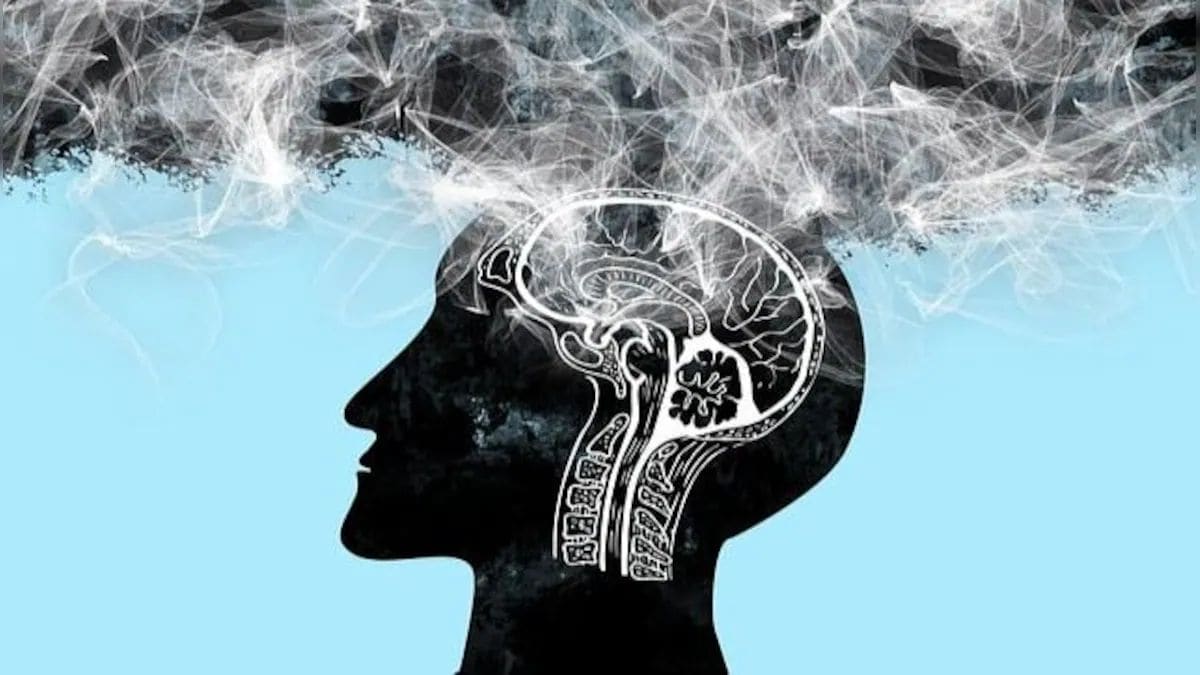BRATTLEBORO — Dr. Mel Houser, physician and founder of All Brains Belong VT, a nonprofit dedicated to supporting neurodivergent individuals, took the time to answer questions about what it means to be neurodivergent, how this affects access to health care and what resources are available for Southern Vermonters. We all have different brains.
We all have different brains that learn, think, communicate, move through the world — experience the world differently. However, not everyone is neurodivergent. Neurodivergence refers to at least one in five people whose brains work in ways that significantly depart from neuronormativity, meaning the type of brain that society has deemed normal, that society and culture have deemed normative.

But it's wrong, right? So society has deemed something normative, that "this is the way that a brain should be" — that's not based in science. We know that so many different paths in this world are delivered in a — "there's one lane to go down" — it's one size, fits all. So when I say neurodivergent, I'm referring to the at least one in five people whose brains work in ways that significantly depart from that, from the ways in which society most often caters to.
Like many late-identified autistic adults, I got my autism diagnosis in the context of autistic burnout, which is a very common experience for autistic people of all ages, really. That is a consequence of not having your access needs met for long periods of time. At that time, I was caring for patients in the hospital — this is early COVID.
So it's early in COVID, caring for sick patients in the hospital, I am homeschooling a then 3-year-old neurodivergent child, and was experiencing sleep deprivation on-call. I was really forced to reckon with the fact that my needs were not being met. There's a lot of people in early COVID who really were forced to reimagine a lot of different aspects of their life.
But for me, when I got my autism diagnosis at age 37, shortly after that, I learned that the average life expectancy for an autistic person was 36 to 54 years. I was then 37, and I was the parent of a then 4-year-old autistic child. I mean, I get chills telling that story.
I've told that story like a million times by now, and I get chills remembering what it felt like when I learned that. Like, how could this possibly be? How could nobody do anything about this? It was just a hard stop. And so, you know, I quit my perfectly stable job and tried to do something about this.
And that's the story of All Brains Belong. Anytime something is offered in a one size, fits all way, neurodivergent people are less likely to be able to access it. When you think about how many examples of that exist in health care — you gave the example of, you must pick up the phone to become a new patient — but that's just one example in like hundreds of examples: You must fill out the 20-page packet to become a new patient; you must answer the questions that are asked in a one size, fits all way; you must get yourself to fit in the 10-to-15 minute visit; you must be able to sit in the waiting room; you must be able to sit in the room with fluorescent lights; you must be able to cope with the ticking of the clock.
You often can't access health care, even when you're there. So you think about all the barriers to even getting to the place, like getting the appointment. But once you're there, you might be there, but you may not be able to access actual health care.
You may not actually be able to communicate in a way that works for you. Research shows that there are several patterns that are very common barriers to health care access for neurodivergent people. One relates to the environment.
For example, sensory processing, I just gave you some examples of the fluorescent lights, and all the sensory chaos of a waiting room, for example. Then, there are barriers related to the health care provider. In the example of autistic adults, for example, there are a number of studies showing that autistic adults perceive that health care providers don't have enough knowledge and skills to take care of them, and that they perceive judgment and stigma.
Those are barriers to health care access, also. And we know that some of the very common medical problems that autistic and ADHD people suffer from are actually not part of medical education. So that's a barrier.
And then the third bucket, and we've alluded to this a little bit, is systemic barriers. We've talked about making the appointment. There's also COVID.
Neurodivergent people are at increased risk of complications from COVID, including long COVID. And if you have to choose between health care and health, a lot of people are choosing health and so they're staying away from health care because it doesn't feel safe. All Brains Belong is a nonprofit organization that I founded two and a half years ago, after seeing neurodivergent people not get their needs met, not just in health care, but in school, in workplaces, in community at large.
It was the idea of: How do we try to make life better for people with all types of brains by creating environments where people with all types of brains can get their needs met? And that this can be normalized. It's basically, how do we redefine the one size, fits all thing into recognizing that we all have different brains that do things differently? By offering things in multiple different ways, that gives us a better opportunity for more people to have their needs met. When we began, it was with this very simple idea: Let's offer everything we do in multiple different ways.
We call that universal design. We began as a medical practice. Very early on, it became very clear that people struggled to be healthy when they did not have their needs met outside of health care.
So we have community programs where people can come and they can make friends, with community programs for kids and adults. We have education programs where, you know, we can train employers about: How do you create workplace environments for people with all types of brains to get their needs met? We do community education, like the webinar you came to. How do we get the surrounding community to learn about some of these topics that like, really, are a very big deal for so many people in our community? And without understanding how brains work and how we can adapt environments so that everyone with all types of brands can be included — unless we learn about that as a community, how are we going to build a world where everyone can show up as their true selves? So that's what we're trying to do here at All Brains Belong.
Southern Vermonters can access any of our programs. Our community programs are — first off, all of our community programs are free, and they are virtual. So people can access them anytime, anywhere.
We do webinars. We have a weekly free community education program called Brain Club every week. We have a free program for kids and teens called Kid Connections.
It's free, customized friend-matching for kids and teens aged 4 to 17 — and this doesn't need to be virtual. If there's a Southern Vermonter that we can try to match with another Southern Vermonter, we're gonna try to do that, too. It's just the idea of finding a friend who loves what you love.
It's not based on a shared diagnosis, it's based on shared interests. Our medical practice right now is full, and our waiting list is full. But we do anticipate being able to reopen the waiting list by the end of the year.
So we're hopeful about that..

















